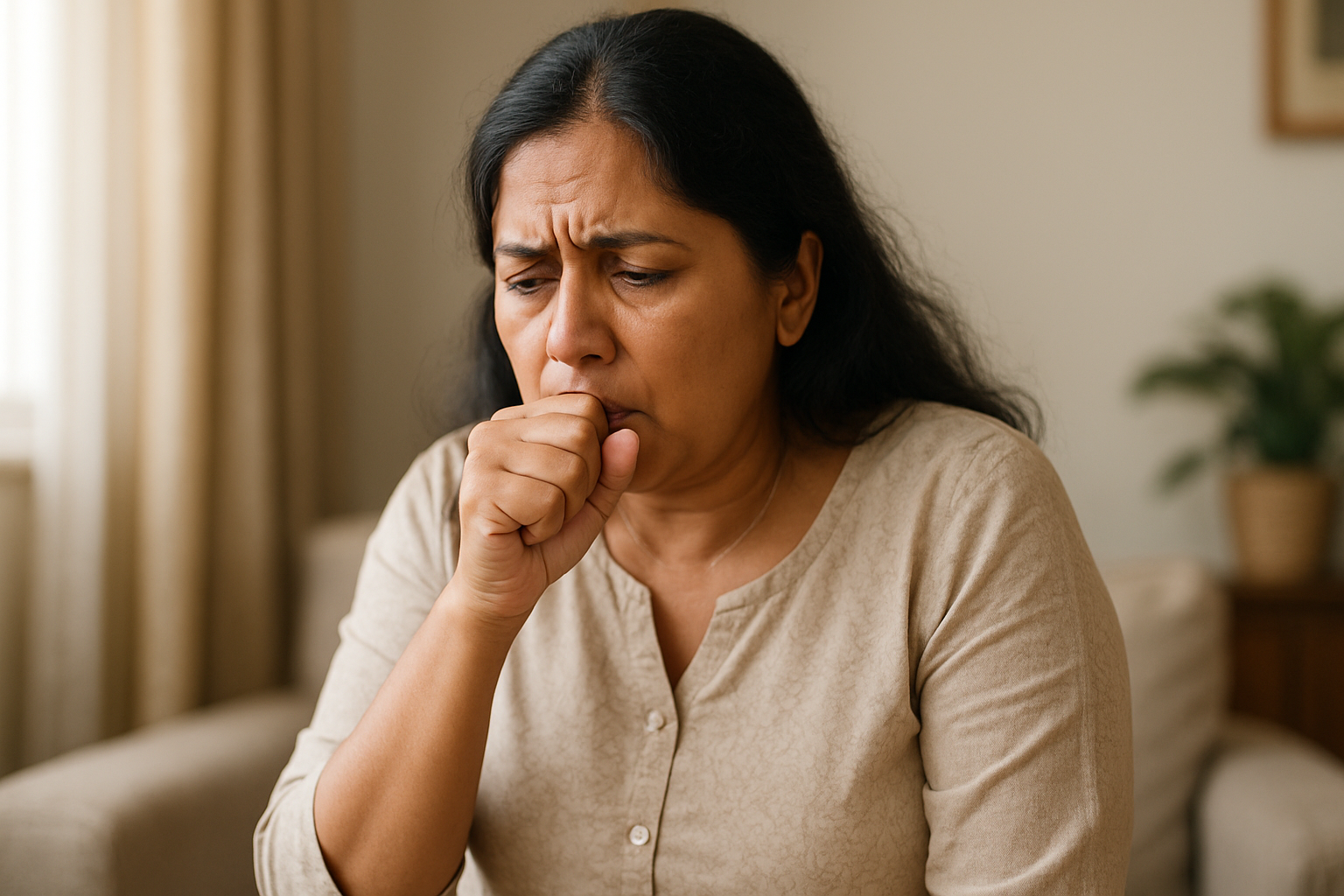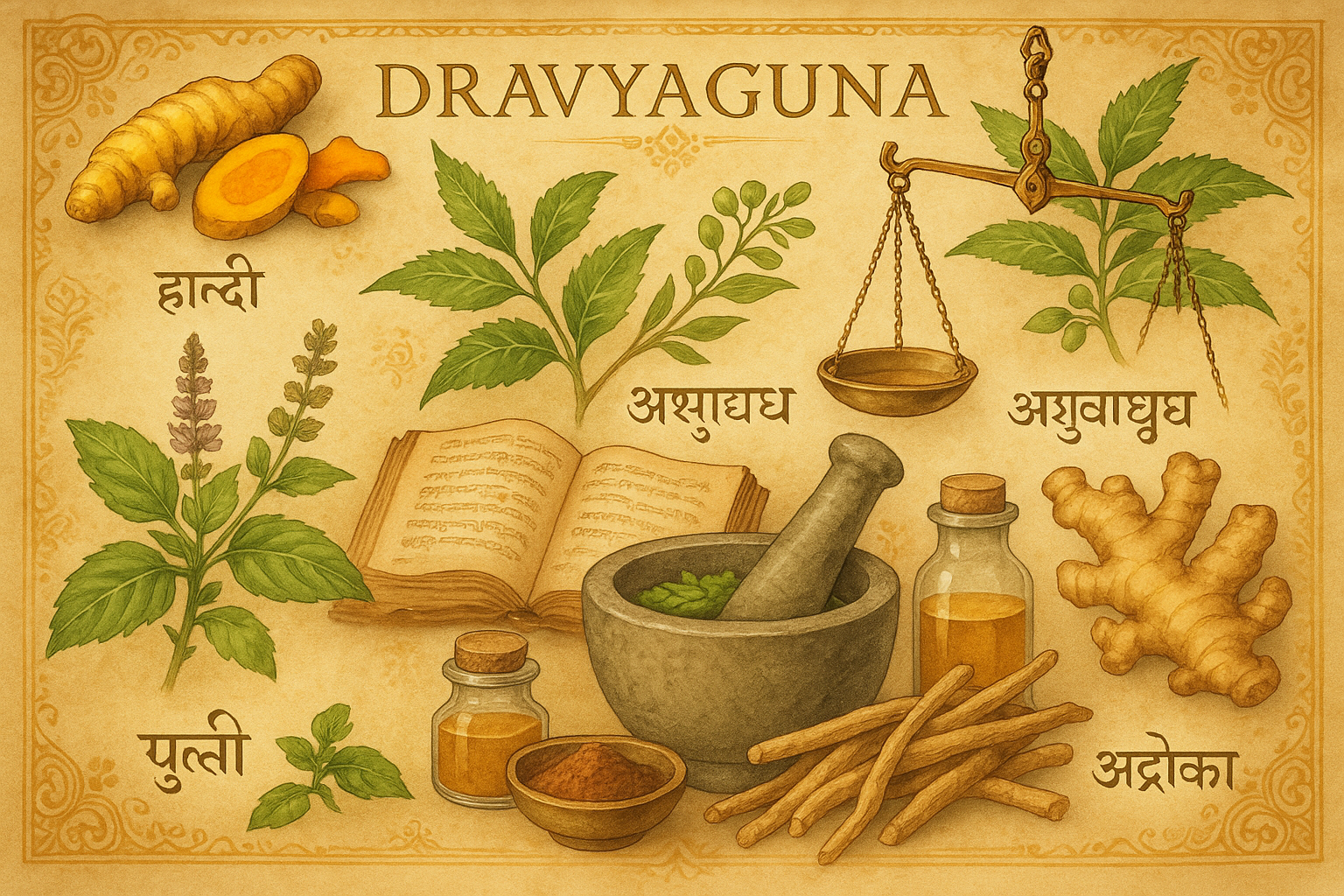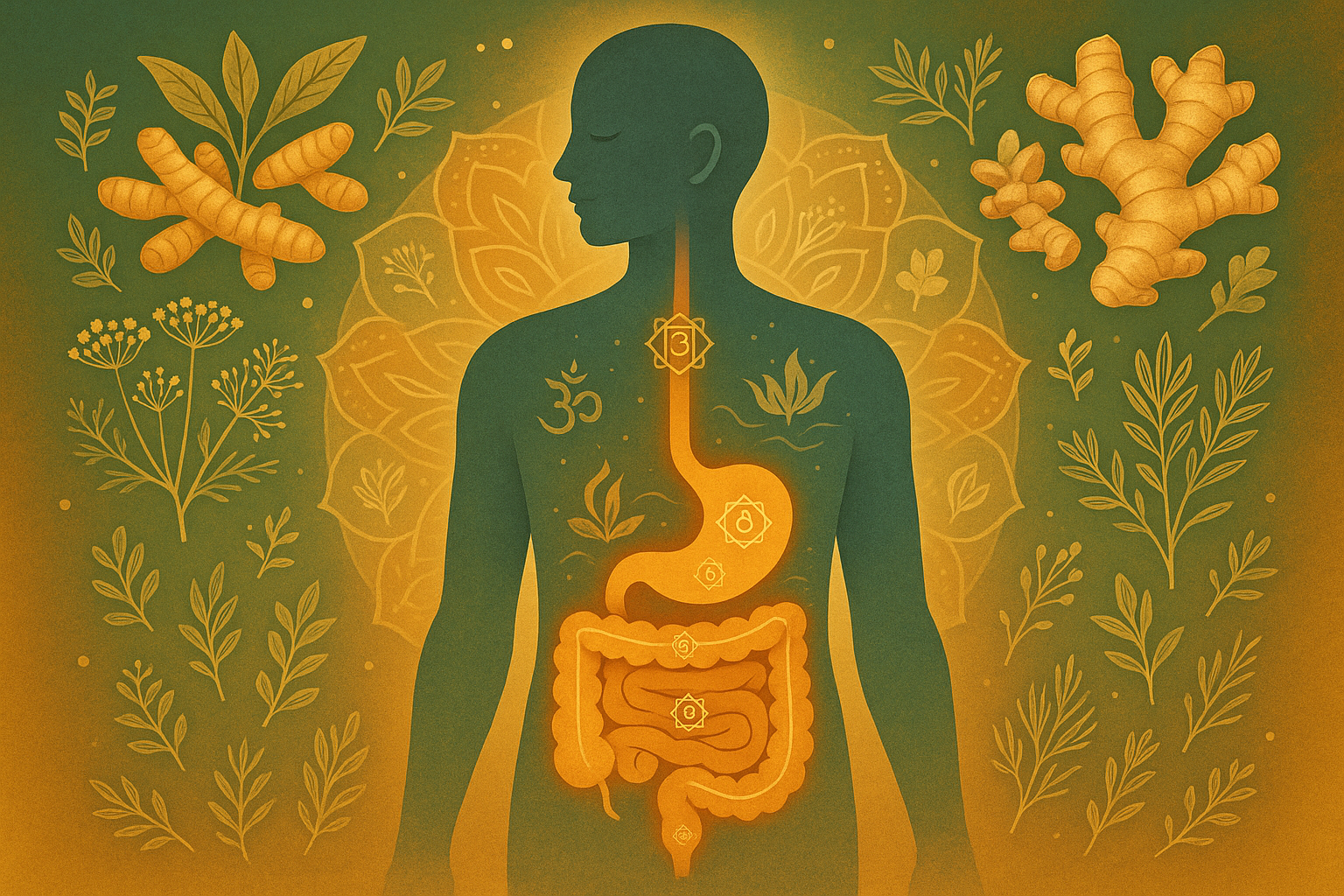Dr. Nambi explores the Ayurvedic understanding and treatment of cough, known as Kasa. While cough is often seen as a symptom in modern medicine, Ayurveda gives it deep diagnostic significance—classifying it as both a disease and a natural urge (Vega).
Dr Nambi discusses the Ayurvedic origins, progression, and management of cough, particularly focusing on dosha imbalances, stages of illness, and remedies for children and adults.
Understanding Cough in Ayurveda
Cough as a Natural Urge
According to Ashtanga Hridaya, coughing is one of 13 natural urges (Vega) that should not be suppressed. It is a protective reflex that helps clear the airways of irritants, phlegm, or foreign matter. Suppressing a cough, Dr. Nambi warns, can worsen the condition and lead to more intense symptoms.
Classification of Cough (Kasa)
Ayurveda classifies cough based on the involvement of the three doshas:
-
Vataja Kasa – Dry, spasmodic cough with little or no sputum.
-
Pittaja Kasa – Yellowish sputum, burning sensation, and fever.
-
Kaphaja Kasa – Thick, white mucus and heaviness in the chest.
-
Kshataja Kasa – Caused by injury or overexertion, especially in lean individuals.
-
Kshayaja Kasa – Due to severe emaciation; often seen in chronic conditions like tuberculosis.
Vata, Pitta, and Kapha-related coughs are usually curable, while Kshataja and Kshayaja types are more complex and difficult to treat.
Symptoms and Early Signs
Dr. Nambi emphasized the importance of recognizing premonitory symptoms:
-
Itching or irritation in the throat
-
Sensation of a small thorn-like object
-
Relief while swallowing, followed by recurring discomfort
These early symptoms suggest that a cough may soon develop, and timely intervention is crucial.
Causes and Triggers
Common factors that trigger cough include:
-
Exposure to smoke or dust
-
Excessive physical activity (especially in lean individuals)
-
Consumption of dry or cold food
-
Suppressing natural urges like sneezing or belching
Dr. Nambi pointed out that improper lifestyle habits and environmental exposure are often the root causes.
Ayurvedic Management of Cough
Treatment by Stages
The goal of Ayurvedic treatment is to transition the cough from a Kapha stage (with mucus) to a Vata stage (dry) and then pacify it.
-
Kapha-dominant Cough – Treatments like Vamana (therapeutic emesis) help expel excess phlegm. Herbal formulations like Talisapatradi churnam with honey are used.
-
Dry Cough (Vata stage) – The same churnam is administered with ghee. Medicines are given frequently in small doses (every hour) to maintain effect.
-
Pittaja Cough – Purgation and cooling herbs are used to reduce inflammation.
For Kshataja and Kshayaja Types
These types require deeper care:
-
Avoid aggressive cleansing.
-
Emphasize Brahmana (nourishing) therapy.
-
Strengthening the body is essential before starting interventions.
Home Remedies for Treating Children with Cough
For children with wet cough:
-
Give warm milk followed by chest warming and gentle induced vomiting to expel phlegm.
-
Use Talisapatradi churnam—initially with honey, later with ghee—as per the stage.
-
Avoid cold foods, bananas, curd, and sweets during cough episodes.
Preventive and Supportive Measures
-
Stay warm and drink hot water during vulnerable seasons.
-
Avoid suppressing natural urges.
-
Elderly and those with Vata dominance should be extra cautious.
Q&A Highlights
What to do for children with dry cough?
-
Usually starts with wet cough.
-
Induce gentle vomiting to remove phlegm, then use churnam with ghee.
Can milk be given to children with cough?
-
Yes, especially in dry cough, provided it's A2 desi milk and given warm.
Best Ayurvedic remedy for fever?
-
PYRID, Amritarishtam, and Suryaprabha Gulika are effective.
Does gallbladder removal affect health long-term?
-
It may impact fat digestion and cause minor gastric issues but not rheumatoid arthritis.
Tips for better sleep and managing a disturbed mind?
-
Use buffalo milk, warm baths, oil massage on feet, and herbal support like Manas Mitra.
-
Address emotional root causes for lasting relief.
How to improve gut health?
-
Eat traditional, seasonal foods on time.
-
Sleep well and exercise moderately.
-
Avoid fads; discipline is key.
Can Trifala be taken daily at night for constipation?
-
Not recommended as a long-term habit. Focus on diet and lifestyle instead.
Can fasting with buttermilk be beneficial?
-
As a form of Langhana, it's acceptable, but long-term use of buttermilk may increase acidity.















